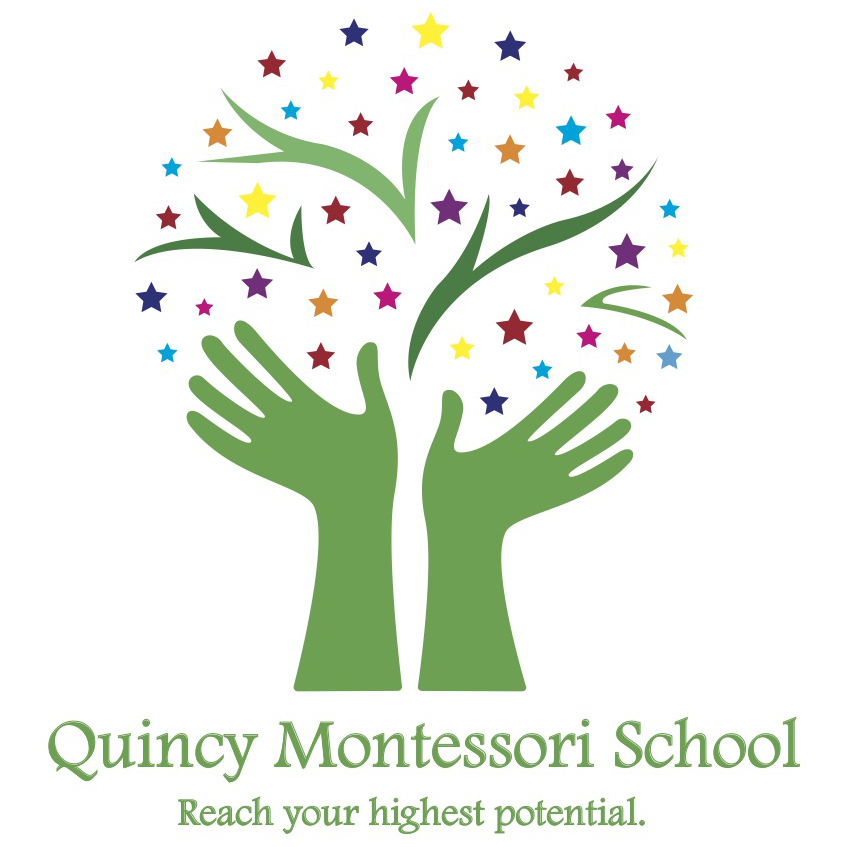Primary Program
A Montessori classroom is a close-knit community: a mixed-age, stimulating environment with quality materials that ignite curiosity and provide a sense of belonging and safety to explore. In the pre-school and primary education level, students find their physical independence and self-confidence, practice important social skills, and form lasting friendships within their peer groups. Individualized education provides them the opportunity to work at their own pace with the guidance of trained educators. Material is presented in a variety of ways to appeal to multiple senses and learning styles.
Our program covers five main areas:
The practical life area sets Montessori apart from other educational methods. Practical life activities are tasks involved in daily life. These activities are foundational in teaching control of movement, concentration, and self-confidence. Practical Life activities are the types of materials one comes across in daily life, and help children master these essential basics. Children learn how to take care of themselves and their environment, as well as grace and courtesy lessons.
The Sensorial area helps children develop the senses of perception by focusing on important qualities like color, shape, size, sound, texture, and smell. Sensorial activities also develop fine motor function and build concentration.
The Language area encourages pre-literacy and early-literacy skills. Children are exposed to various phonetic awareness activities, designed to improve vocabulary, listening skills, and differentiation - all in a tactile, hands-on way.
The Math area in the classroom is composed of concrete materials for learning numbers and quantities. Children gain a strong foundation in the basic concepts, and can move on to more complex mathematical procedures and concepts as they are able.
The Culture area is a wide variety of supplemental subjects: geography, zoology, botany, science, art, and music. It is so important that children can explore and understand their own culture, as well as many others, ultimately developing an appreciation of diversity. Science in a Montessori classroom focuses heavily on nature and the world around us. Art and music allows children to express themselves, and develop their cognitive, social, and emotional skills.

